Hiking provides numerous health advantages in addition to the natural high that comes from being outside and exerting yourself. It strengthens muscles, raises cardiovascular endurance, promotes stamina, and enhances balance.
The physical demands of hiking include traversing uneven ground and ascending and descending hills. Both the tiny stabiliser muscles and the larger leg muscles are strengthened as a result.
Power
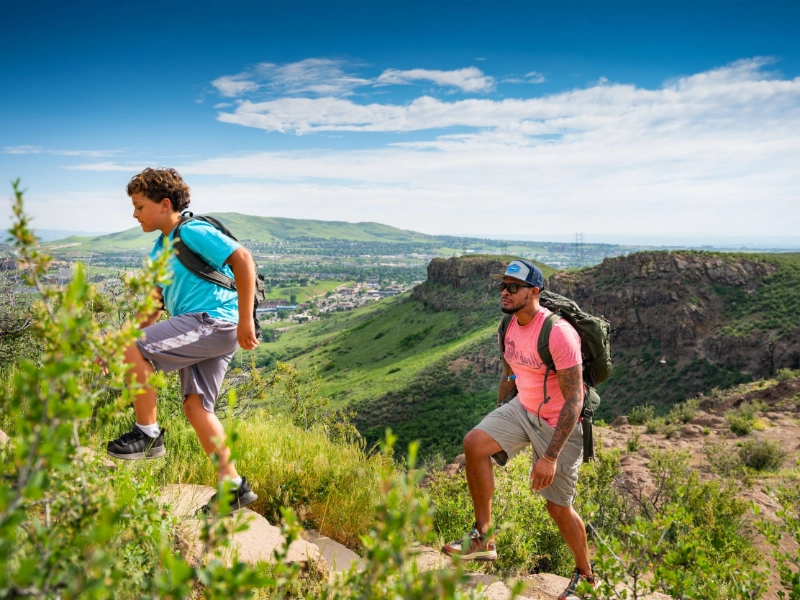
Your muscles get stronger when you walk, in a manner that regular training doesn't. Running tends to have weak glutes, while cyclists frequently have powerful quadriceps but underdeveloped hamstrings. Hiking helps you get rid of imbalances like these by using every muscle group in your body that moves up and down. It also enhances your performance in other activities.
Hiking also strengthens your core, which is the group of muscles in your abdomen that stabilises you while you move in different directions to avoid obstacles and navigate both uphill and downhill terrain. Furthermore, because hiking involves lifting weights, it slows the loss of calcium and increases bone density, both of which are protective factors against osteoporosis.
Vitality
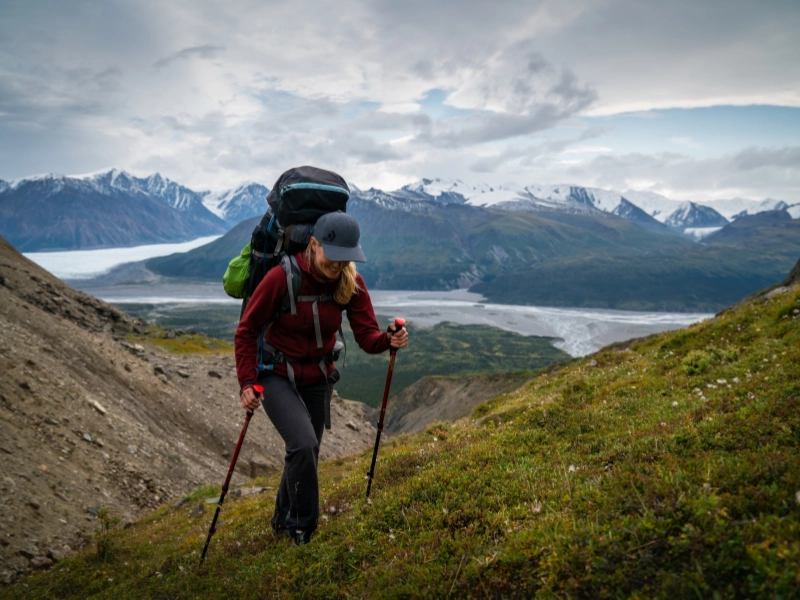
One of the best cardiovascular workouts for those looking to burn calories is hiking. You may strengthen your legs, back, arms, and core in addition to meeting the prescribed 2+ hours of low-to-moderate exercise each week with even a moderate walk.
Hikers often find that including hiking in their training regimens helps them become better cyclists and runners. For example, runners may have weak glutes, whereas cyclists sometimes have powerful quadriceps but underdeveloped hamstrings. Hiking helps correct these imbalances, improving VO2 max and endurance in those other activities.
Tenacity
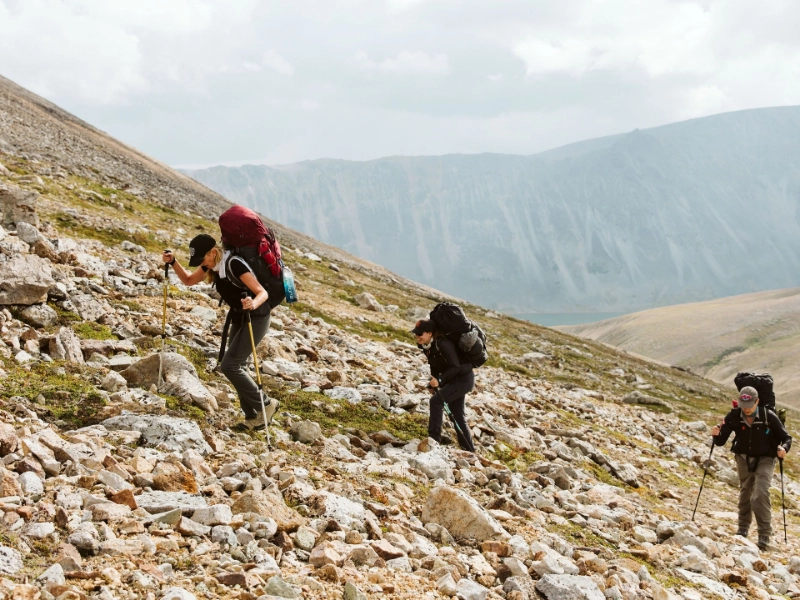
One of the best ways to increase stamina and endurance is to walk. Long hikes need the body to maintain equilibrium across uneven terrain, which can burn a significant amount of calories. Hiking therefore helps to develop the muscles that maintain an upright posture.
Because of this, it's a fantastic cardio workout and a great substitute for high-impact sports like jogging. Hiking also aids in the body's adaptation to low-oxygen settings, including high altitudes.
Hiking can also aid in strengthening other muscle groups in your fitness regimen. Strong quadriceps are commonly paired with weak hamstrings in cyclists, and undeveloped glutes are common in runners. Building balanced muscle strength and endurance through hiking is highly recommended.
Adaptability
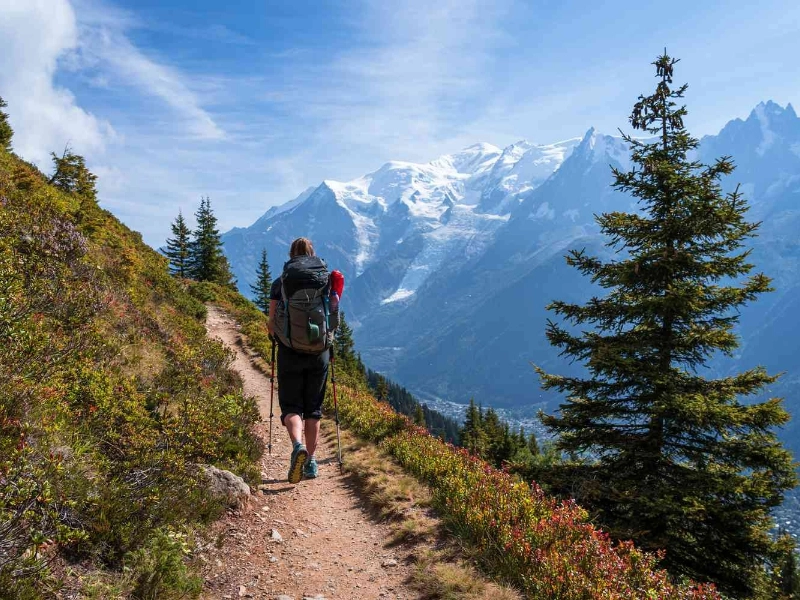
Hiking's varied and uneven terrain forces your body to work multiple muscle groups at once. This enhances the tone and flexibility of the back and leg muscles.
Since hiking has little impact, it's an excellent active recovery activity following days of intense jogging or cycling. Hiking's minimal impact also lowers the chance of injury and enhances bone health in general.
Pushing yourself to finish a couple rounds of pushups and chin-ups throughout your trip is a terrific approach to rounding out your strength training for individuals who want a more developed upper body.
Harmony
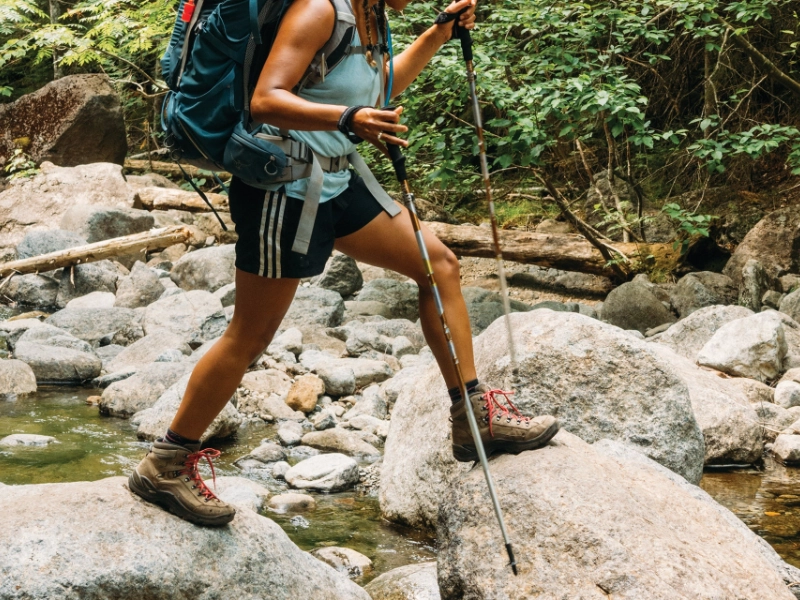
Hiking helps you develop muscle coordination, which prevents falls and injuries to oneself. Additionally, it teaches your body to function as intended—an objective that is sometimes missed by gym exercises that focus just on working specific muscles.
Walking up and down hills is a common part of hiking, which works your glutes and legs, especially if you use trekking poles. Additionally, it increases your agility and balance, which is beneficial for other types of exercise like cycling or running. Additionally, it can assist you in fulfilling the CDC's requirement of two hours a week of low-to-moderate exercise.
Sync
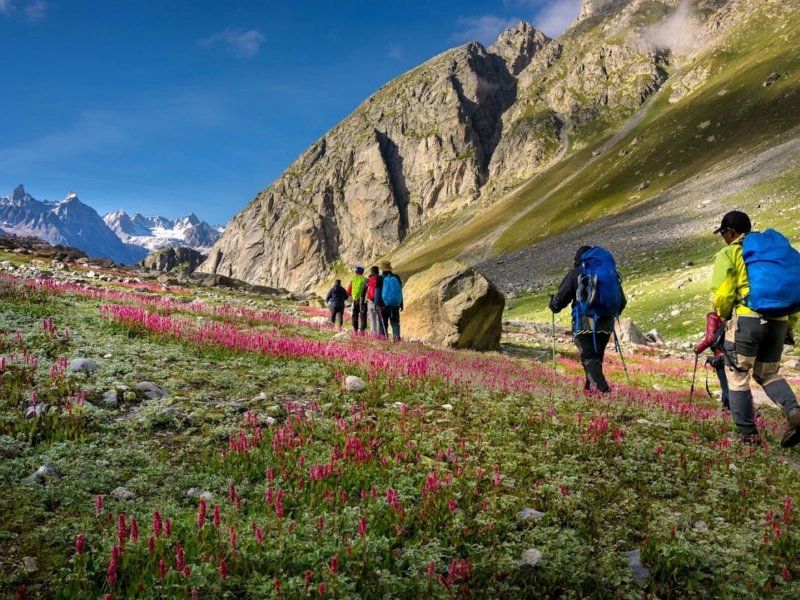
After several days of intense training, hiking is an excellent active recovery activity because of its low-impact nature. It also contributes to bone strength.
While downhill portions strengthen the calves, knees, and hip flexors, incline portions focus on the quads, hamstrings, and glutes. The additional weight of a rucksack puts strain on the arms, core, and shoulders.
Your body will adjust to the reduced oxygen levels if you walk at high elevations on a regular basis, increasing your VO2 max. By planning overnight backpacking trips, you can advance your hiking and gain experience in a variety of survival skills, such as setting up a tent and using a compass.
Originality
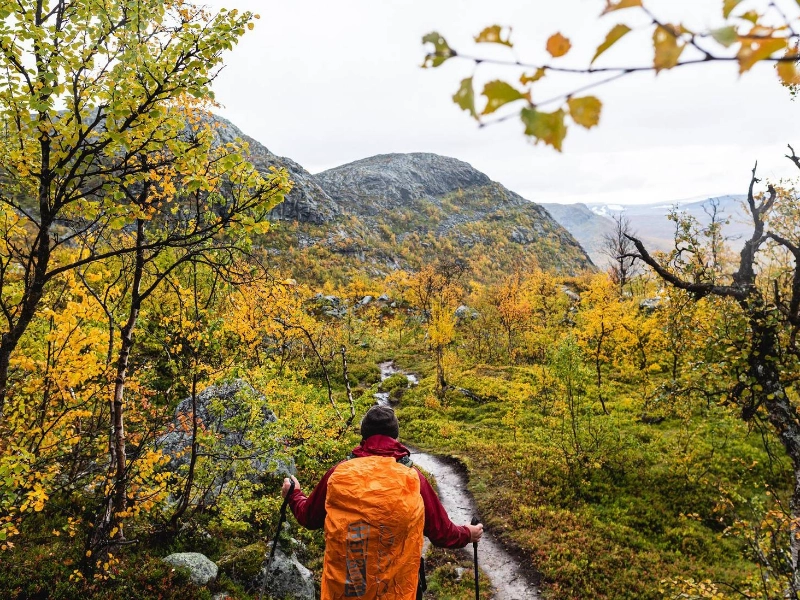
You can train your body in ways that aren't feasible in the gym when you hike. It makes you think quickly, for instance, by requiring you to calculate your location with respect to the trail's endpoint, estimate your needs for food and water, or even follow a bearing based on the position of the sun.
Additionally, it aids in the development of problem-solving abilities, which are beneficial in many facets of life. Naturally, it's also a fantastic chance to push yourself by discovering new hiking routes and taking in the beauty of Earth at your own pace.
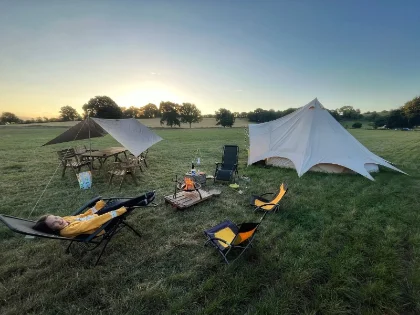
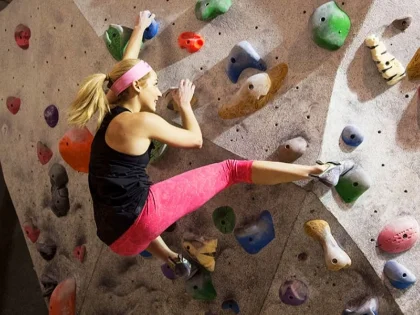


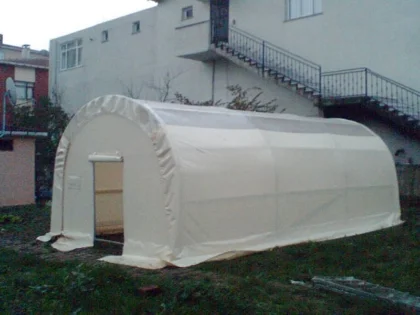

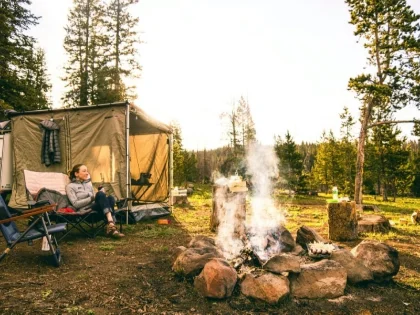
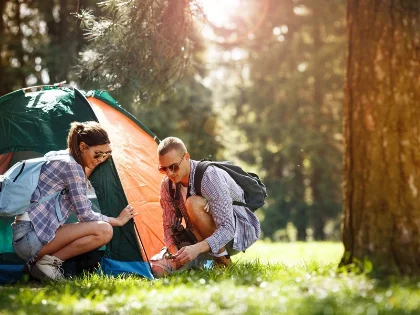
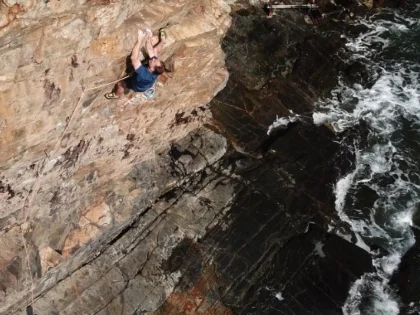
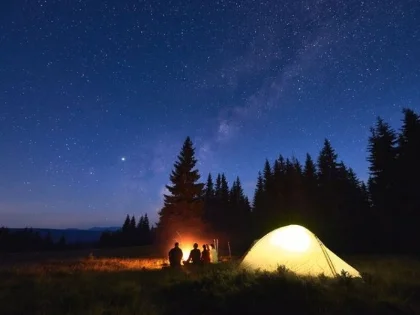

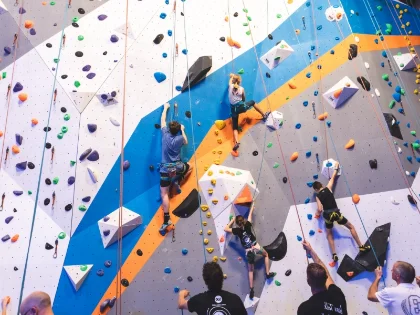
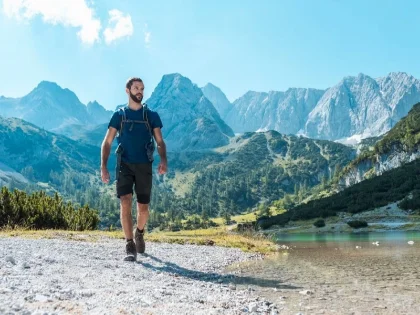

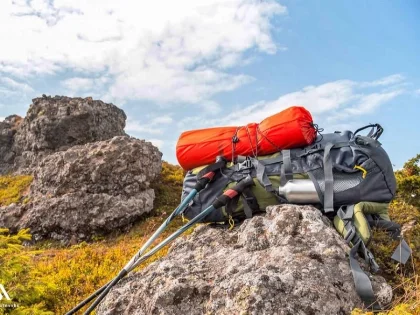


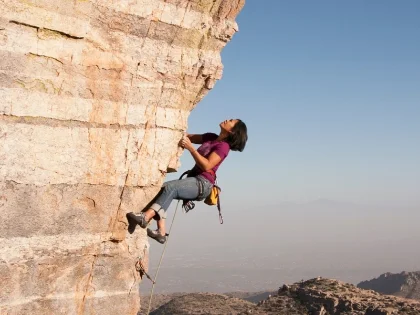
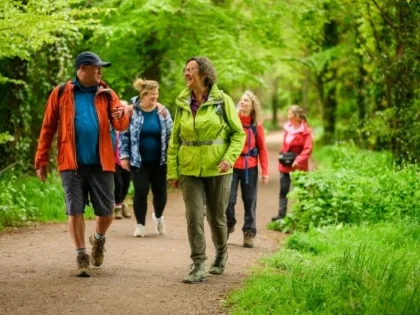
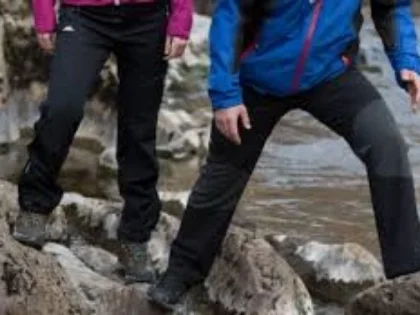
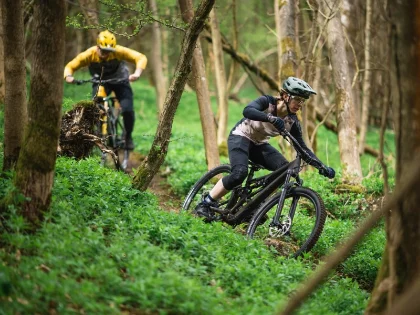
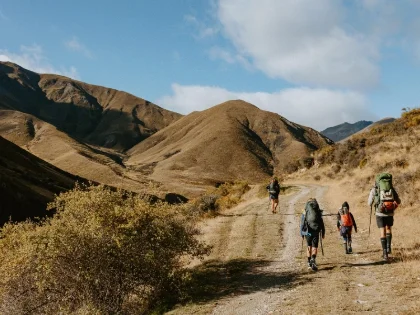
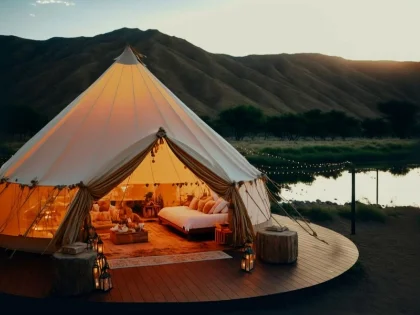
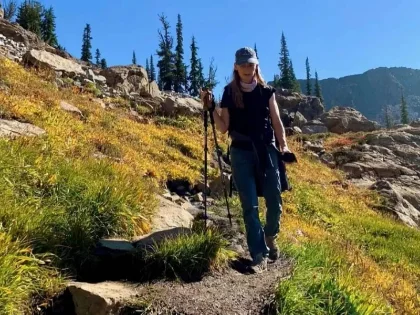
Comments
Leave a Comment
Your email address will not be published. Required fields are marked *